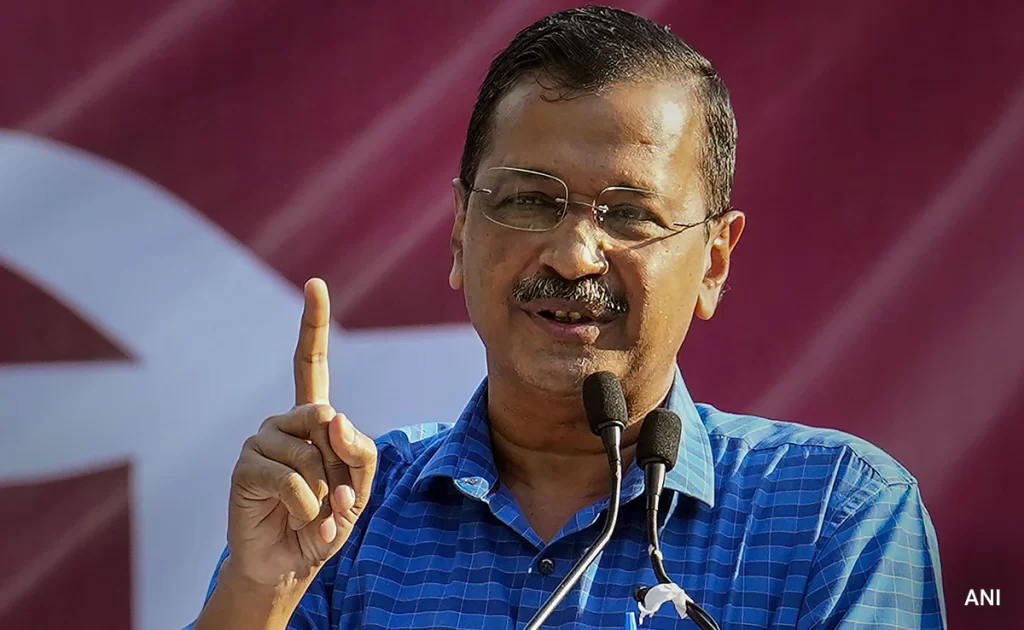Jahanvi Agarwal
In a recent turn of events that has stirred significant political discourse, Delhi’s Chief Minister, Arvind Kejriwal, finds himself embroiled in a contentious legal battle, extending his stay under the Enforcement Directorate’s (ED) watch by an additional four days, until April 1. This situation came about because of a series of quick and complicated legal and political actions, all connected to accusations related to a contentious alcohol policy. These actions have put Kejriwal right in the middle of a corruption investigation.
The journey to Kejriwal’s current predicament began with his arrest earlier in March, a decision upheld by the Delhi High Court’s refusal to offer him relief. The situation escalated when ED personnel descended on the Aam Aadmi Party (AAP) leader’s residence, culminating in his custody.
In a bid for freedom, Kejriwal escalated his plea to the Supreme Court, only to retract it shortly after, conceding to the unfavorable legal precedents faced by the Chief Minister of Delhi. Following the expiry of his initial week in ED custody, Kejriwal now faces an extended interrogation period.
Parallel to these developments, Kejriwal has actively sought legal redress against what he perceives as an infringement on his fundamental rights by the ED’s actions, prompting a legal challenge in the Delhi High Court. However, his efforts were met with judicial restraint, as the court opted to summon a response from the ED by April 2, with proceedings scheduled to resume on April 3.
Adding another layer to this saga, a plea for Kejriwal’s removal from office, framed as a public interest litigation (PIL), was summarily dismissed by a bench led by Acting Chief Justice Manmohan, who explained the judicial branch’s limited scope in such matters. Amidst these legal battles, Kejriwal was granted an opportunity to personally address the court, where he delivered a poignant critique of the ED’s tactics, which he argued were aimed at debilitating his political party.
He underscored the lack of concrete evidence against him, stating, “I was arrested… but no court has proved me guilty. The CBI (Central Bureau of Investigation) has filed 31,000 pages (of chargesheets) and ED filed 25,000 pages. Even if you read them together… the question remains… why have I been arrested?”
This narrative of innocence and political victimization has been a consistent refrain from the AAP leadership, particularly in light of the ED’s allegations that the now-defunct liquor policy was a lucrative scheme designed to funnel illicit funds into AAP’s campaign coffers.
The political undertones of this legal drama have not gone unnoticed, with the AAP and opposition parties lambasting the BJP-led central government for ostensibly wielding central agencies as weapons against political adversaries.
The timing of Kejriwal’s arrest, they argue, is conspicuously aligned with efforts to derail the AAP’s electoral campaigning. In contrast, the BJP refutes these accusations, dismissing the notion that it exercises undue influence over central investigative agencies.
This unfolding scenario lays bare the intricate dance of politics, law, and governance in India, spotlighting the complexities of legal battles waged in the public eye and their broader implications for democratic processes and political discourse.

